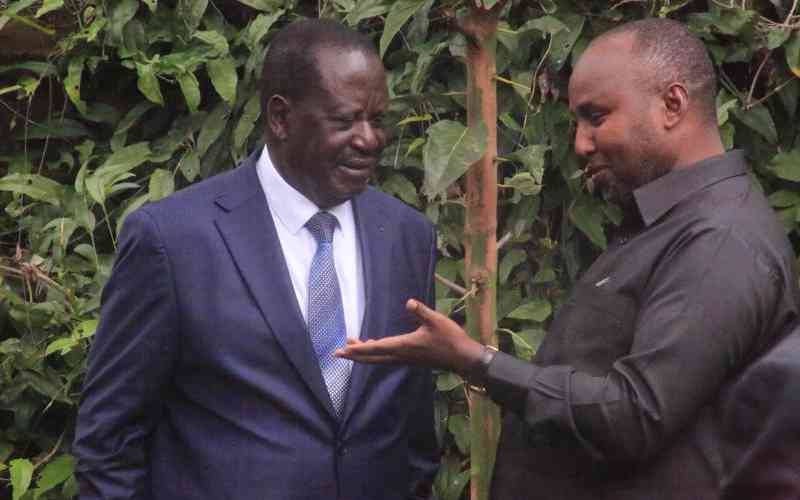×
The Standard e-Paper
Kenya’s Boldest Voice

A gag order by National Assembly Minority Leader Junet Mohamed to members of Raila Odinga's Orange party over engaging other parties is causing jitters in the opposition party.
Some lawmakers are concerned that the party is sending mixed signals over its broad-based arrangement with President William Ruto.